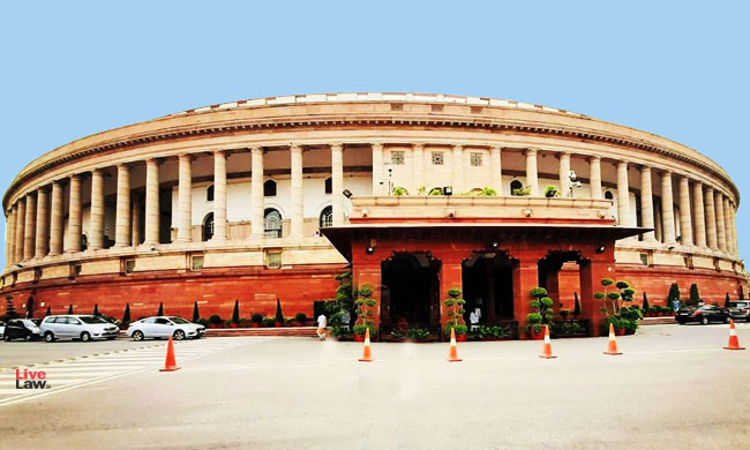- Home
- /
- Top Stories
- /
- Budget Session Of Parliament 2021:...
Budget Session Of Parliament 2021: Highlights
Akshita Saxena
30 March 2021 5:06 PM IST
The Budget Session of the Parliament concluded on March 25, 2021 after both the houses adjourned sine die, two weeks ahead of their schedule. The session began on February 29 and was scheduled to end on April 8, 2021 with a recess from February 16 to March 7. A total of 18 Government Bills were passed by the Lok Sabha in 24 sittings that lasted 132 hours. Whereas the Rajya Sabha passed...
Next Story



